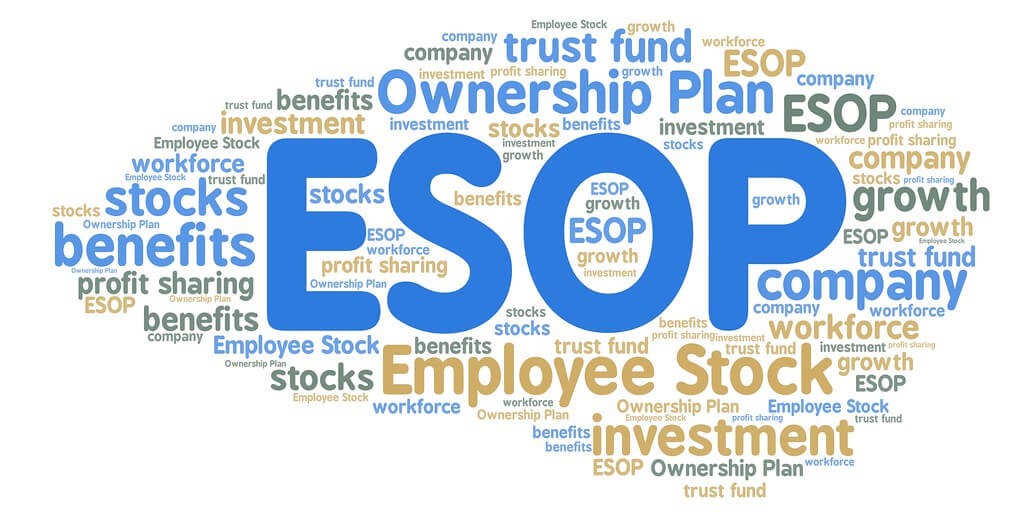Employee Share Option Plans (ESOPs) are a well-known instrument utilized by organizations to adjust the interests of employees to the interests of shareholders, encouraging a feeling of pride and rousing employees to work towards the organization’s prosperity. The employee share scheme is intended to furnish employees with the chance to procure shares in the organization, commonly at a limited rate or through investment opportunities.
How ESOPs Work
At its center, an ESOP gives employees the option to buy organization shares at a foreordained cost, known as the activity or strike cost, sometimes not too far off. The cost is typically set in view of the market worth of the shares at the time the options are allowed. Employees can practice their options to purchase shares costing this much, regardless of whether the market worth of the shares has expanded since the options were allowed.
ESOPs are often dependent upon a vesting plan, which is a set period during which employees should stay with the organization before they can practice their options. This vesting period assists with holding employees, as the need might arise to remain with the organization to profit from the share options. Vesting timetables can fluctuate, with normal periods going from three to five years.

Benefits of ESOPs
Employee motivation and retention:
By giving employees a stake in the organization’s prosperity, ESOPs can expand motivation and occupation fulfillment. Employees who feel they have an individual monetary interest in the organization are often more inclined to contribute emphatically to its presentation. Moreover, the vesting plan related to ESOPs urges employees to remain with the organization longer to understand the full benefits of their investment opportunities.
Attraction of Talent:
Offering ESOPs can be an upper hand in drawing in top talent. In enterprises where gifted professionals are popular, a very organized ESOP can make a proposition for employment more alluring by giving extra monetary impetuses past a standard compensation.
Tax Advantages:
In certain wards, ESOPs can offer tax advantages for the two employees and the organization. For example, in the US, employees might profit from ideal tax treatment on gains acknowledged from investment opportunities, and organizations can often get tax allowances for the expense of the options.
Challenges and Considerations
In spite of their advantages, ESOPs additionally accompany challenges. One of the essential worries is the potential weakening of shares. Organizations need to painstakingly deal with this perspective to keep a reasonable and appealing shareholder structure. Another thought is the intricacy of directing ESOPs. Setting up and keeping an ESOP requires cautious preparation and consistency with lawful and administrative prerequisites. Organizations often need to draw in legitimate and monetary specialists to guarantee that the arrangement is organized accurately and meets generally important rules.
The employee share scheme is an integral asset for organizations to boost and hold talent while likewise adjusting employee interests with those of shareholders. They offer various benefits, including upgraded motivation, retention, and potential tax advantages. However, organizations should cautiously explore the intricacies engaged with regulating ESOPs and address potential challenges like share weakening and fluctuating stock qualities. When executed really, ESOPs can be an important part of an organization’s general pay and employee commitment methodology.
